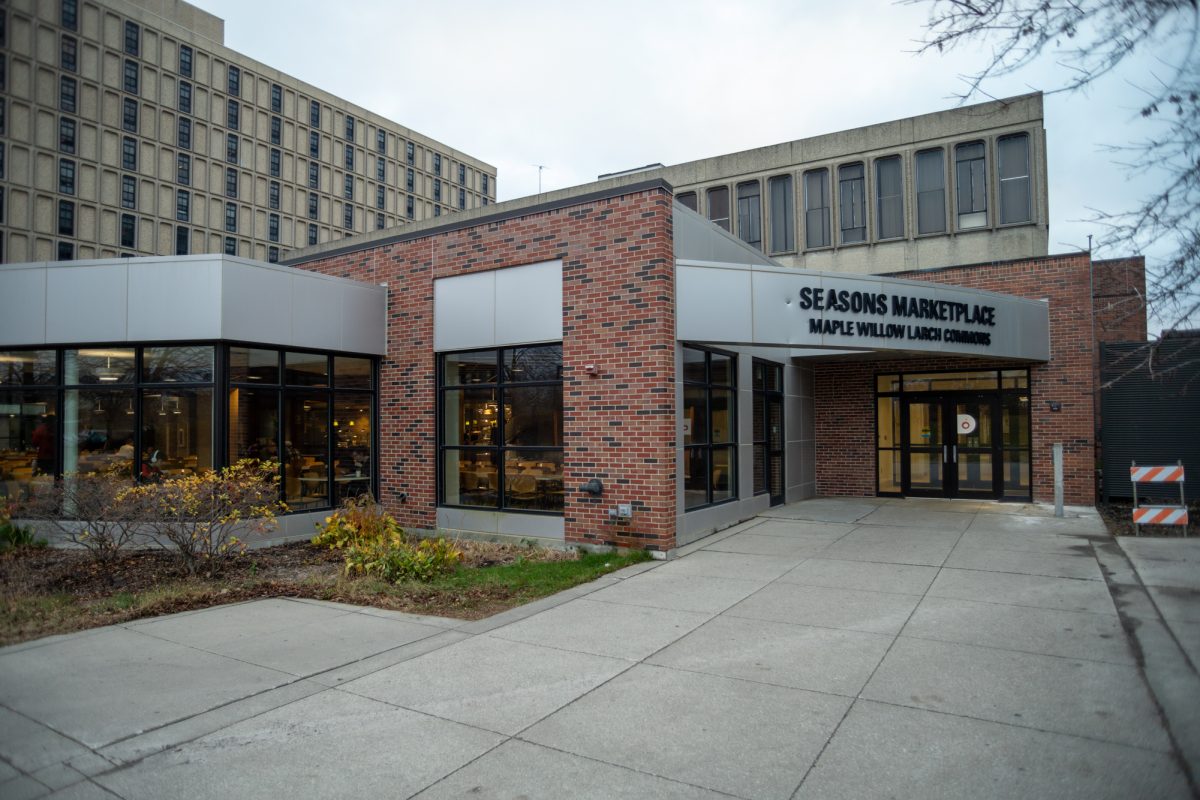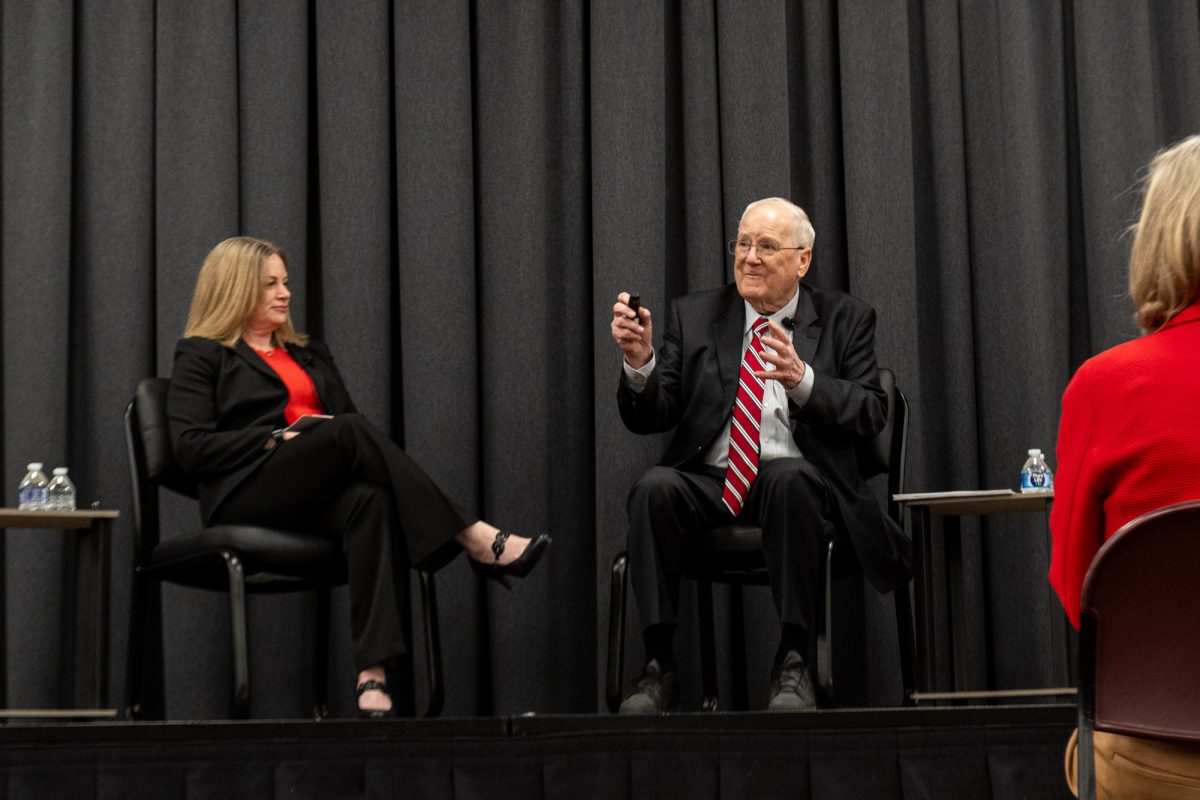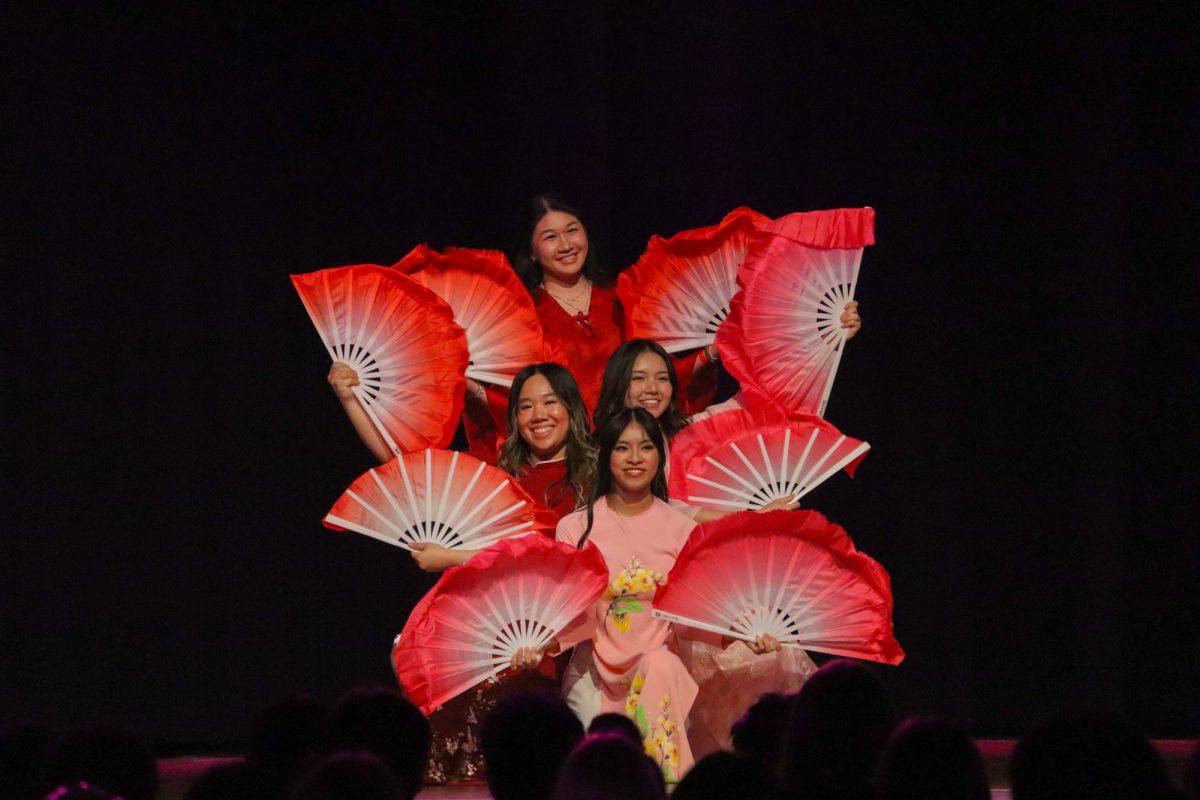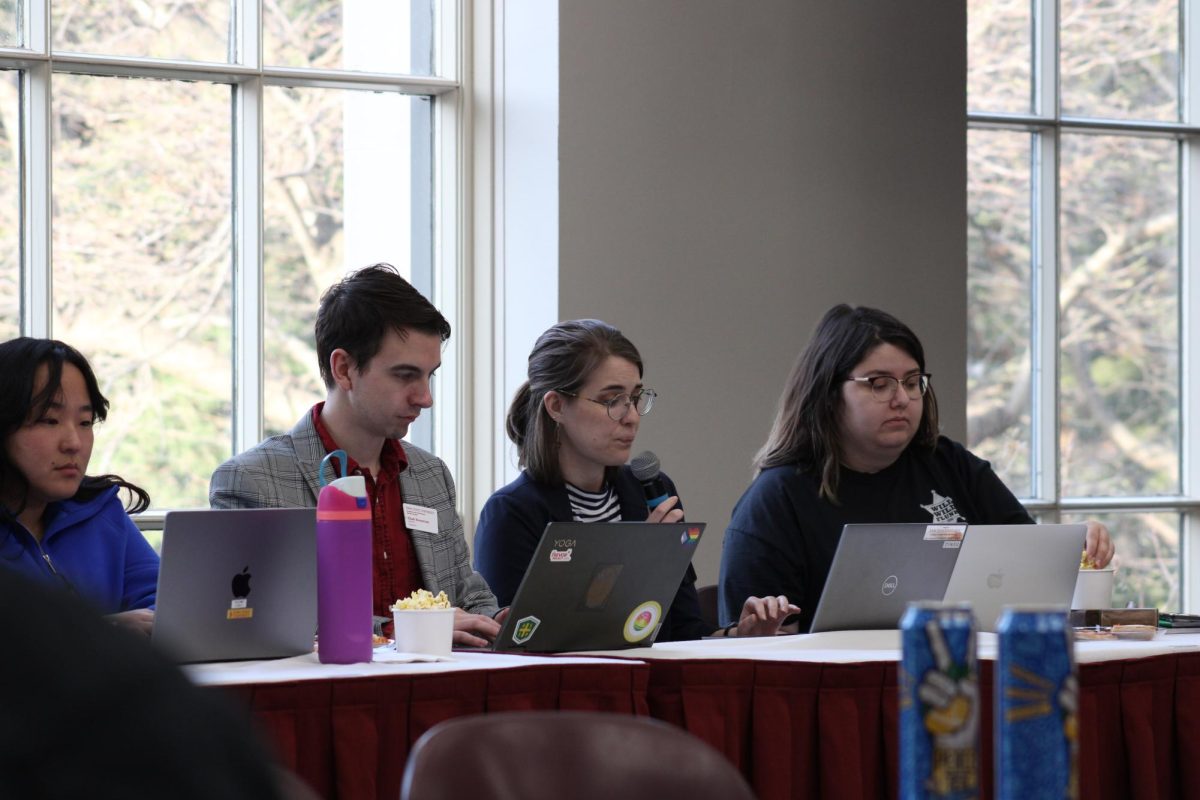Majoring in music, art: Is it worth the pennies?
money in music
April 21, 2015
Some ISU students choose their major based on interests or to ensure they will have a job or stable income in the future. Some are able to choose both.
For many of Iowa State’s music and art majors, they choose their major based on passion.
“I want job security in my life,” said Eric Schnieders, junior in biochemistry who was recruited to play jazz guitar at the University of Northern Iowa.
Schnieders decided to come to Iowa State for biochemistry to have a more stable income in the future. He said the stereotype is there: music and art are not careers, they are hobbies.
Brandon Waring, junior in music, got a little resistance about his major from his grandfather, who, like Brandon’s parents, had a lot of questions.
“You can’t make a living and support a family that way,” Waring said, expressing his grandfather’s thoughts. “It’s hard to be supportive of something you don’t know a lot about.”
Brandon made his decision to be a music major at the last minute.
“Teachers were supportive,” Waring said. “My parents were especially supportive. They had their questions about what it meant to major in music but they supported me.”
That is where the stereotype comes from. Not everyone knows much about what music and art majors do, he said.
“As a culture, we are not as well informed about the impact that the arts have,” said Ingrid Lilligren, professor and chair of the art and visual culture department.
Art and music take hard work. Work can be art or music. There is a misconception that these majors are blow-off majors, Lilligren said.
“A lot of people think we have an easy major,” Waring said. “Design and music are two of the most time-consuming majors.”
It is also not true that jobs are scarce for art and music majors.
“I can only think of one student that had a hard time finding a job in the last few years,” said Michael Golemo, professor and chair of the music and theatre department. “Other than that one student, I believe we have a 100 percent job-placement rate.”
Education is key. The persisting stereotype and job placement are directly correlated. Education is important to eliminate the stereotype that there are no available jobs, and to provide different ways to look at positions in music and art for both students and parents.
“We have to recognize that not all students are coming in with art education as part of their high school, middle school or elementary education and that’s part of the problem,” Lilligren said.
However, many art and music students are moving into teaching roles after they graduate.
“Most of our students teach after their time here,” Golemo said. “Not all, but many of them go to teach music studies and music programs.”
Waring has an emphasis on instrumental music education and vocal music education.
“My goal is to start in the middle school and high school level,” Waring said. “Middle school is a critical time to develop the voice with all of its cracks and changes. You can hurt your voice by singing improperly and I want to help fix that.”
Music and art programs also educate college students about the jobs they might be looking for.
The art program even has a professional practices course that provides them with the skills necessary to obtain a job, not to mention they also get students involved in the professional sphere with internships and juried exhibitions that give them experience.
Art is an expression, and in turn, a fluid way of working.
“There is an entrepreneurial aspect and spirit to this degree,” Lilligren said. “It is different from engineering where a student could know what company they will work for and know exactly what they would be doing.”
Perhaps this is where the stereotypes come from. Not only are the arts important to education, they provide value to society that many people take for granted.
“Art speaks best as an expression of human ability. We are able to express what is best about being human,” Lilligren said.
Art and music provide something intangible for everyone.
“I could not imagine life without music,” Golemo said. “There would be something missing. Culture would not be at the same place it is without music, or even art.”
Everyday life is intertwined with art and music, Golemo and Lilligren said.
The stereotypes that say majoring in music and art is a poor career choice are not true, Waring said. The students in these programs are finding jobs, and find them because those jobs provide value to society.
“Music teaches you more than a lot of other things could,” Waring said. “Discipline is the greatest thing you get from learning music and there are many other lessons you can get from this as compared to studying calculus or something else.”
Art and music require a different kind of work, but it is work nonetheless.
“I was never challenged by any of my other classes,” Waring said. “Music is something I have to work for. It challenges me every day.”






